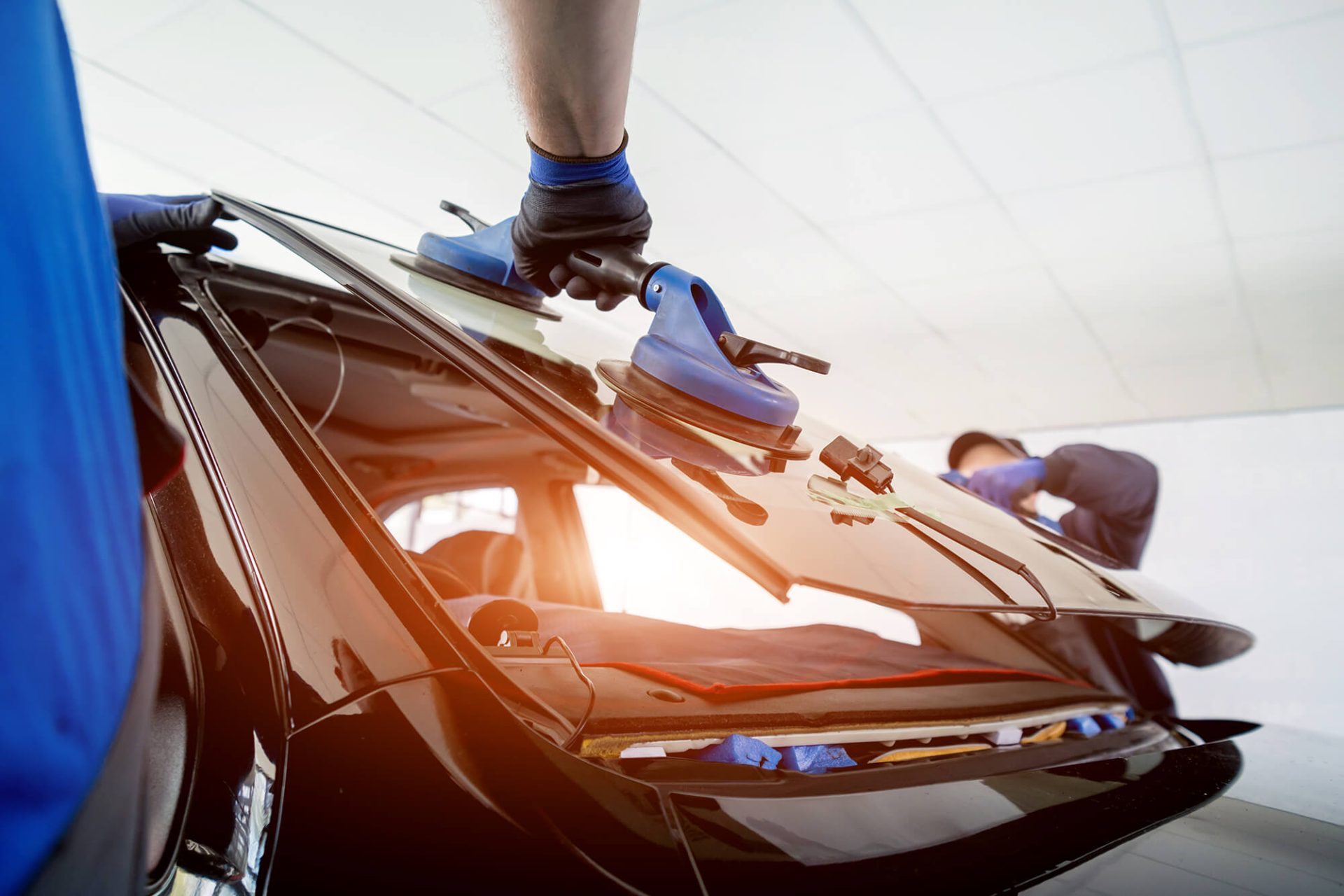Fractured or damaged auto glass can lessen discernibility and safety while driving. Small chips may develop into larger cracks if unnoticed, foremost to expensive replacements. Seeking aid from trusted professionals through https://spacecitycollision.com/houston/ ensures proper inspection and effective restoration. Delaying such attention places drivers at risk during unexpected road conditions. Identifying early warnings before any severe damage saves money, effort, and unnecessary roadside hazards. Taking timely action whenever small flaws appear on the glass guarantees safer driving. Being aware of symptoms that require immediate repair helps maintain your vehicle’s structure and your peace of mind.
Visible Cracks on Glass
When cracks are clearly noticeable, repair becomes urgent to prevent spreading. Even a small fracture affects windshield strength and driving safety.
Fog Formation Inside
Moisture inside glass surfaces often points to seal failure. Observe these indicators:
- Frequent mist accumulation across edges indicates leaking boundaries
- Delay leads to reduced transparency during rainy conditions
- Professional sealing avoids internal moisture problems effectively
Deep Chips on Surface
Deep chips weaken visibility and structural support. Immediate care prevents expanding lines that obstruct your vision and interfere with safe operation.
Safety Sensor Malfunction
Modern vehicles depend on internal sensors for lane detection support. Quick checks are essential:
- Sensor disruptions may come from glass distortion
- Incorrect alignment creates wrong alerts
- Timely repair restores system accuracy efficiently
Hazy or Cloudy Areas
When the glass turns hazy, vision gets distorted, and night driving becomes unsafe. Proper maintenance restores visibility and improves road awareness immediately.
Poor Sound Insulation
When road noise rises abruptly, the glass fitting might have untied.
- Examine for air gaps or uneven edges
- Test vibration while driving on rough paths
- Immediate tightening prevents future damage
Whistling Sounds While Driving
Soft whistling noises often signal loose-fitting or minor leaks across the edge. Such sounds indicate trouble requiring quick professional attention.
Sudden Temperature Sensitivity
Extreme heat or cold easily affects weakened glass areas. Simple checks include:
- Observe cracks during rapid heating cycles
- Avoid high-pressure washing
- Apply shade protection regularly
Uneven Reflection on Windshield
Reflections differ due to glass tension changes. If ignored, clarity weakens quickly, causing distraction under bright daylight conditions and increasing discomfort.
Reduced Windshield Strength
Constant pressure weakens the structure, leading to vibration while driving. Immediate replacement prevents expensive damage across interconnected glass units.
Making timely choices safeguards both safety and expense control. The moment warning signs appear, call experts through https://spacecitycollision.com/houston/ for prompt restoration and lasting stability. Regular inspection minimizes risks and keeps your driving clear under every weather condition.
FAQs
Q1: What causes minor chips on vehicle glass?
Small stones or debris hitting at high speed usually create chips.
Q2: How fast should one fix small cracks?
Repair instantly to prevent spreading and maintain proper strength.
Q3: Do cloudy spots require expert help?
Yes, cloudy areas signal moisture issues that reduce visibility.
Q4: Can temperature change expand cracks?
Sudden climate shifts can enlarge fractures quickly.
Q5: How often should inspection occur?
Checking every season helps detect hidden flaws early.


